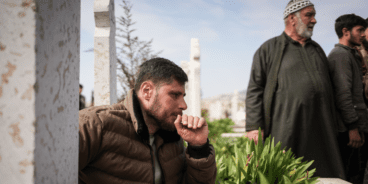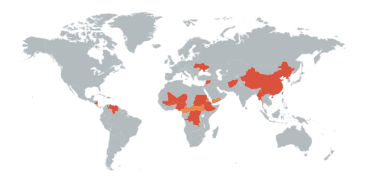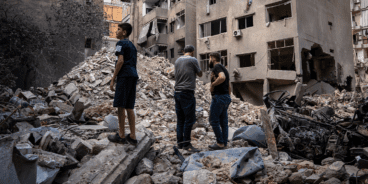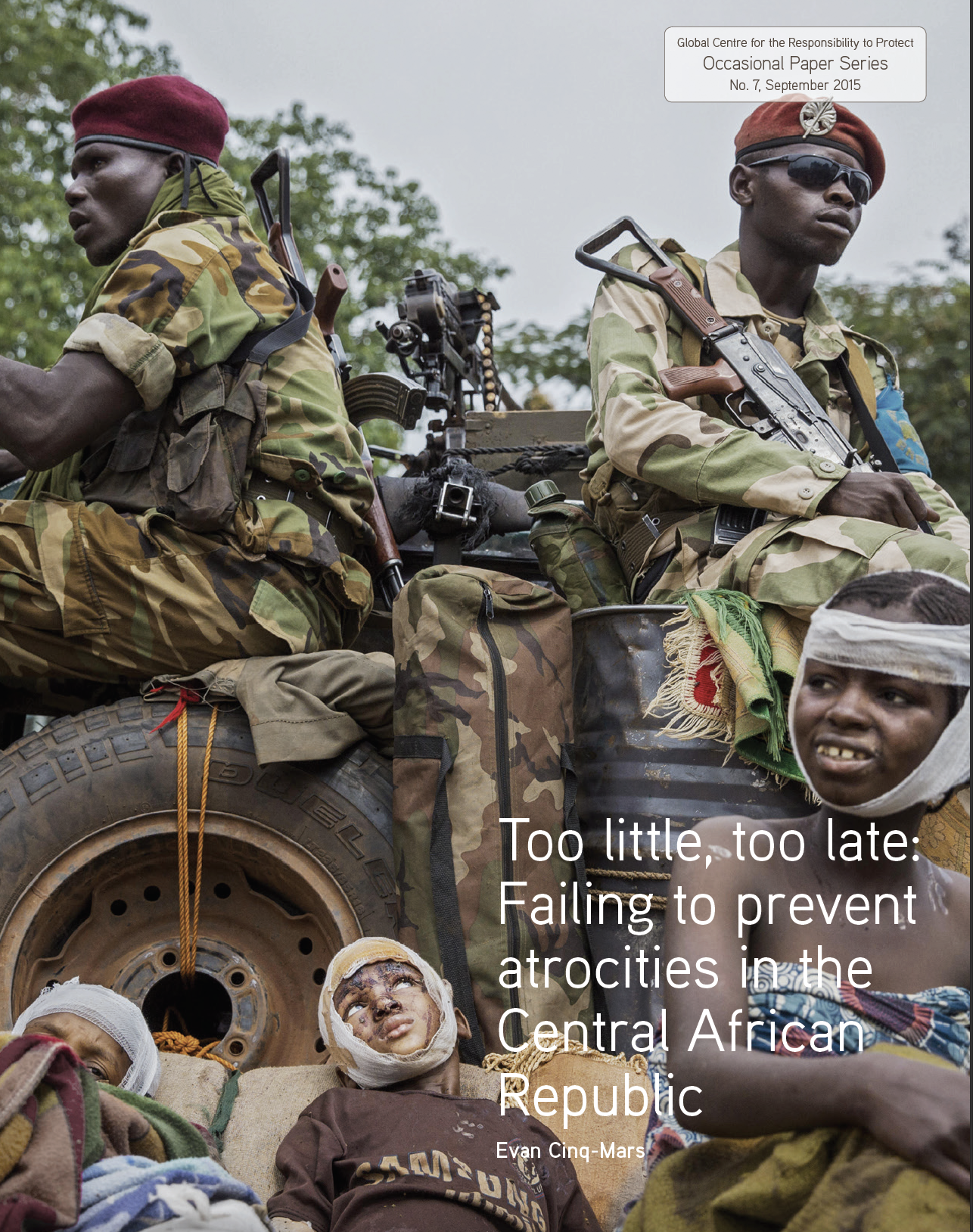
Too little, too late: Failing to prevent atrocities in the Central African Republic
Since December 2012 the Central African Republic (CAR) has endured the worst crisis in its long history of armed rebellion, coups d’etat, mutinies, foreign intervention and human suffering. Following the overthrow of President Francois Bozizé by the predominantly Muslim Séléka rebel alliance on 24 March 2013, the group’s fighters perpetrated widespread and systematic violations of human rights. The Séléka especially targeted the majority Christian population, and their abuses led to the emergence of anti-balaka militias who, in turn, focused their vengeance upon civilians from CAR’s Muslim minority. All parties to the conflict have committed mass atrocity crimes, including targeted killings on the basis of religious identity. The crisis has had a particularly devastating effect on the social fabric of the country, forcing thousands of Muslim civilians to endure exile or besiegement.
This occasional paper from the Global Centre for the Responsibility to Protect analyzes the international response to human rights violations and mass atrocities in CAR. Despite clear warnings of the threat of atrocities due to growing armed conflict, the international response was woefully inadequate on all levels. Peacebuilding and diplomacy were insufficient. Consecutive peace operations deployed to CAR lacked the capacity to halt armed violence against civilians. The UN Security Council was slow to respond, taking cues from contending regional states and turning, finally, to the former colonial power, France, to militarily intervene. Even after the belated mobilization of the international community following official warnings of the “seeds of genocide” in late 2013, the crisis continued to outpace the response on every level. The expulsion of CAR’s Muslim population accelerated even as a UN peacekeeping operation, MINUSCA, was created in April 2014.
The failure to confront the gathering storm of human rights violations and mass atrocity crimes after December 2012 continues to hinder the international response today. Indeed, the case of CAR demonstrates that despite considerable normative progress since the adoption of the Responsibility to Protect at the 2005 UN World Summit, the international community still struggles in its ability to translate early warning into timely and effective response. Peacekeepers often remain ill-equipped, under-trained and insufficiently supported to prevent mass atrocities and protect civilians. The competing priorities of regional and international organizations, and among members of the Security Council, impedes a decisive response to some situations.
The crisis in CAR is far from over. Peacekeepers struggle to contain surges in violence, and a rush to elections before the end of 2015 without significant improvements in security, accountability, dialogue and reconciliation will only increase the risk of further mass atrocity crimes. If the international community is serious about preventing yet another relapse into violent conflict, the focus must be on long-term engagement with the transitional authorities and people of CAR. This will be the true test of the global commitment to upholding the Responsibility to Protect in the Central African Republic.
Download PDF Version:
Related Content


R2P Monitor, Issue 71, 1 December 2024

